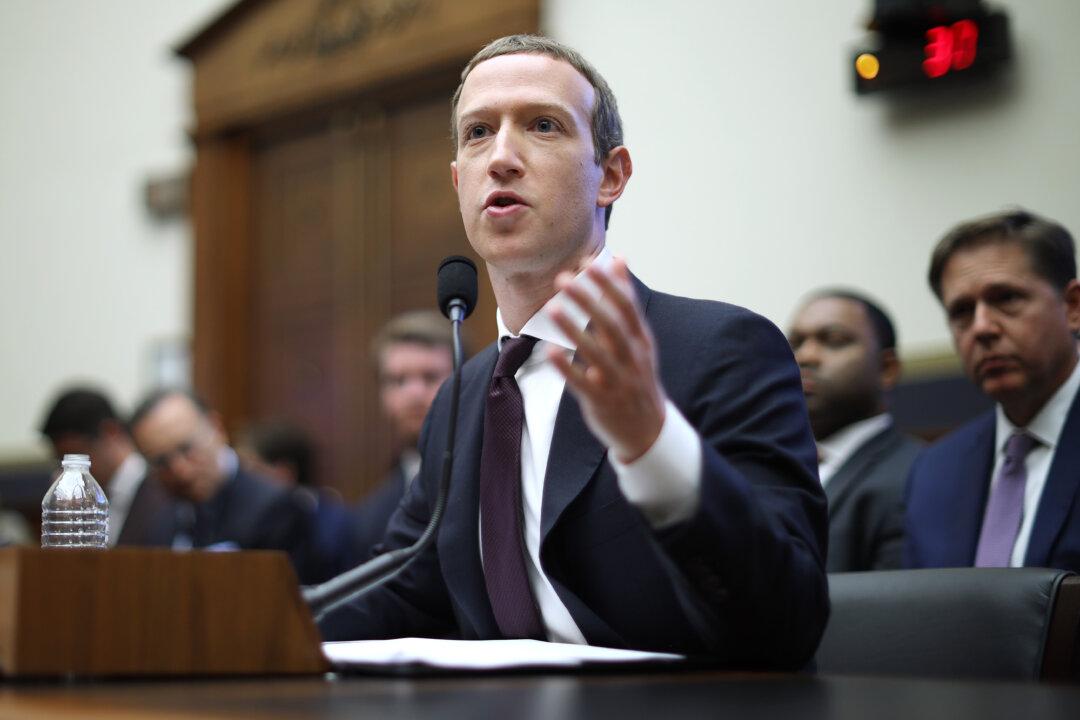Facebook CEO Mark Zuckerberg said Oct. 12 that the social media platform will remove content that “denies or distorts the Holocaust,” departing from previous policy that allows the content to remain.
Zuckerberg wrote on his Facebook page that after struggling for a long time to find the “right balance” between freedom of expression and “the harm caused by minimizing or denying the horror of the Holocaust,” his thinking has “evolved” because data shows an increase in anti-Semitic violence.





